Your Body’s Not Broken. It’s Communicating.
Health is not the absence of symptoms. It’s the presence of function.
- Dr. James Chestnut
Rethinking the Cholesterol Story
For most of us, the word “cholesterol” triggers alarm bells. It’s framed as a problem, a threat that must be managed or medicated. But cholesterol, in reality, is a fundamental building block of life. It creates hormones, insulates nerves, and repairs tissues. When it rises, it may be responding to deeper disruptions, not causing them.
Decades of pharmaceutical messaging have led us to believe that lower is always better. But what if high cholesterol is less about recklessness and more about resilience gone sideways? What if the body isn’t misfiring, but adapting?
This article isn’t about demonizing statins or idolizing mushrooms. It’s about shifting from suppression to support, and understanding that the path to better cholesterol doesn’t start in your pharmacy, it starts in your kitchen, your microbiome, your movement, and your mindset.
Statins: Effective, But Are They Always the First Move?
Statins work by inhibiting HMG-CoA reductase, a liver enzyme involved in cholesterol synthesis. As a result, LDL (“bad” cholesterol) levels drop, often dramatically. For people with a history of heart attack or genetic dyslipidemia, they can be life-extending.
But statins don’t selectively target disease. They indiscriminately reduce cholesterol production, including the cholesterol your brain, nerves, hormones, and immune system need.
The problem isn’t that statins don’t work. It’s that they’re often used before investigating why the body is producing more cholesterol in the first place.
Many patients report side effects that ripple into quality of life: persistent muscle pain, chronic fatigue, memory lapses, rising blood sugar. These symptoms are often dismissed or blamed on age, rather than being seen as biological feedback.
💡 Highlight: “Lowering cholesterol at any cost” is not a strategy, it’s a short-term metric that ignores long-term function.
The Anti-Inflammatory Power of Real Food
Every meal either contributes to inflammation or calms it down. And chronic, low-grade inflammation is a major driver of excessive cholesterol production. It tells your liver, “Send help.” And cholesterol is the help.
We often frame healthy eating as a moral discipline, but really, it’s cellular communication. Nutrients are information, telling your genes, your immune system, and your liver what to prioritize.
Oats don’t just lower LDL, they feed gut bacteria that regulate bile acids. Flaxseeds don’t just offer omega-3s, they rebalance prostaglandins that govern inflammation. Mushrooms don’t just nourish, they orchestrate microbial symphonies that shape your entire lipid ecosystem.
💡Highlight: The magic isn’t in one food, it’s in the pattern: fiber-rich, phytonutrient-dense, diverse, unprocessed, whole.
|
Nutrient Source |
Effect on Cholesterol |
|
Oats & legumes |
Increase bile excretion, lower LDL |
|
Olive oil & avocado |
Improve HDL, reduce oxidation |
|
Mushrooms |
Modulate microbiota + beta-glucans |
|
Refined carbs |
Increase triglycerides & LDL |
💡Highlight: Food isn’t just medicine. It’s messaging.
Movement: Reprogramming Metabolic Memory
Your cardiovascular system isn’t a closed loop. It’s dynamic, responsive, and deeply tied to how often and how fluidly you move.
When we’re sedentary, enzymes involved in cholesterol metabolism downshift. Blood vessels stiffen. LDL particles shrink and oxidize. Triglycerides rise.
But movement, especially rhythmic, weight-bearing, and breath-connected, signals the body to recalibrate. Insulin sensitivity improves. Lipid metabolism resets.
And it doesn’t take much. Research shows that even walking 20–30 minutes a day can transform HDL levels and triglyceride ratios.
💡Highlight: Movement is how the body reclaims its rhythm.
Mushrooms: Nature’s Lipid Literacy
When it comes to natural cholesterol support, Oyster mushrooms are in a class of their own.
These unassuming fungi are one of the few foods that naturally contain mevinolin, a compound structurally similar to lovastatin (a pharmaceutical statin). But unlike its synthetic counterpart, Oyster mushrooms deliver this cholesterol-modulating effect in a balanced botanical matrix, surrounded by beta-glucans, fiber, antioxidants, and immune-supportive compounds.

Instead of blocking cholesterol production outright, Oyster mushrooms work more harmoniously with the body. They support the liver’s detoxification pathways, help regulate bile acid recycling in the gut, and feed beneficial microbes that improve lipid profiles from the inside out. This is true systems biology, not symptom suppression.
💡Highlight: They don’t hijack the system. They tune it.
While other functional mushrooms like Reishi and Turkey Tail support gut immunity and inflammation reduction, Oyster mushrooms hold a uniquely central role when it comes to cholesterol management due to their beta-glucan content and direct impact on LDL levels.
If you’re looking for a reliable, daily addition to your routine that addresses both root-cause metabolism and gut-liver axis function, start with Oyster.
📘 Want to go deeper? Read the Ultimate Guide to Oyster Mushrooms for research, usage tips, and expert insights into its full range of benefits.
The Gut–Cholesterol Axis: Where the Real Power Lies
Most people think of cholesterol as a liver issue. But the gut may be even more influential.
Here’s the loop: your liver packages cholesterol into bile, sends it to the gut to help digest fats, and then relies on your gut microbes to decide how much bile (and cholesterol) to recycle.
In a healthy microbiome, much of that bile is bound and excreted. In a dysbiotic gut, too much bile is reabsorbed, signaling the liver to make more cholesterol, and the cycle continues.
What shifts this loop?
- A more diverse microbiome
- Increased production of short-chain fatty acids (SCFAs)
- Lower gut inflammation
And how do we support those shifts?
- Beta-glucans from mushrooms like Oyster and Turkey Tail
- Polyphenols from berries, greens, and cacao
- Prebiotics like inulin, resistant starch, and psyllium
Heal the gut, and the cholesterol conversation changes entirely.
Supplements: Tools, Not Shortcuts
When supplements work, it’s because they match the terrain they’re introduced into. In other words, they amplify what the body is already doing right.
Used wisely, they can nudge the system toward regulation. Used blindly, they become crutches.
What helps most:
- Plant sterols – Block absorption of dietary cholesterol
- Curcumin – Targets oxidative stress and inflammatory lipids
- Berberine – Enhances insulin sensitivity and microbiome diversity
What to be cautious with:
- Red yeast rice – Contains monacolin K (identical to lovastatin)
- Niacin – May help in the short term but often poorly tolerated long-term
💡Highlight: Supplements should never replace foundational changes. But they can accelerate results, if the soil is ready.
“The goal isn’t to beat cholesterol into submission, it’s to support the body that made it.”
🔚 Final Thoughts: This Is a Systems Issue, Not a Single Marker
Cholesterol is not a character flaw. It’s not a random malfunction. It’s your body trying to protect, adapt, and repair.
But when that signal stays chronically elevated, it’s time to look deeper, not just quieter.
- What’s your liver responding to?
- What’s your gut absorbing?
- What’s your movement communicating?
- What’s your food reinforcing?
Mushrooms help. Movement helps. Fiber helps. So does understanding your body’s story without judgment.
💡Highlight: You’re not managing a number. You’re nurturing a system.
Want to Start That System-Based Protocol?

✅ Explore Antioxi’s Oyster Mushroom Extract
✅ Book a free consult to customise your gut–heart protocol
Because your body doesn’t want to be managed.
It wants to be understood.
And you deserve a strategy that honours how it’s built.

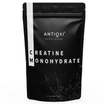
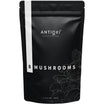
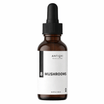
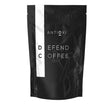
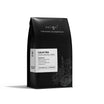
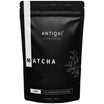
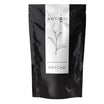
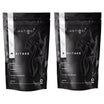


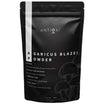
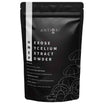
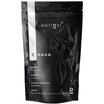
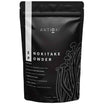
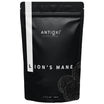
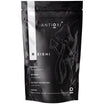
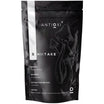
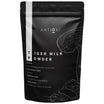
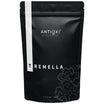
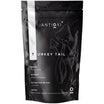
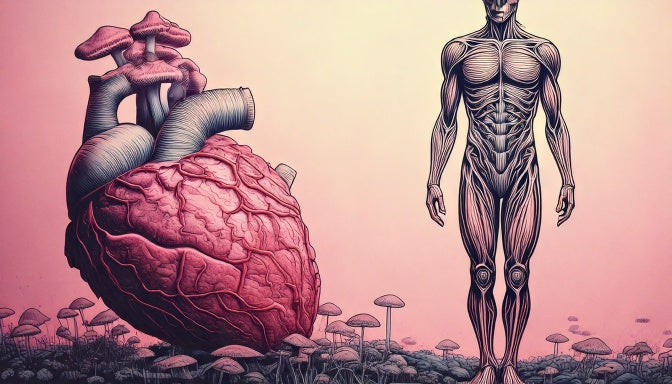
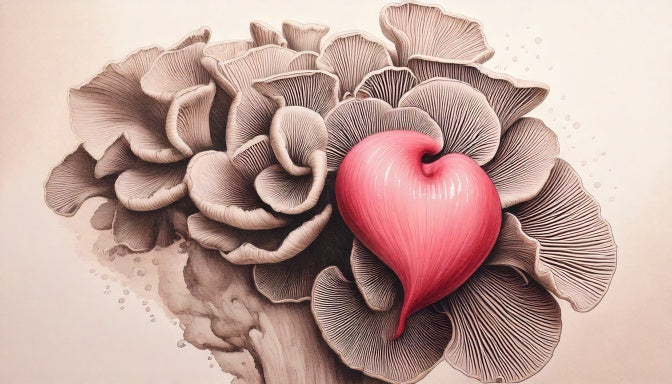

Leave a comment
All comments are moderated before being published.
This site is protected by hCaptcha and the hCaptcha Privacy Policy and Terms of Service apply.